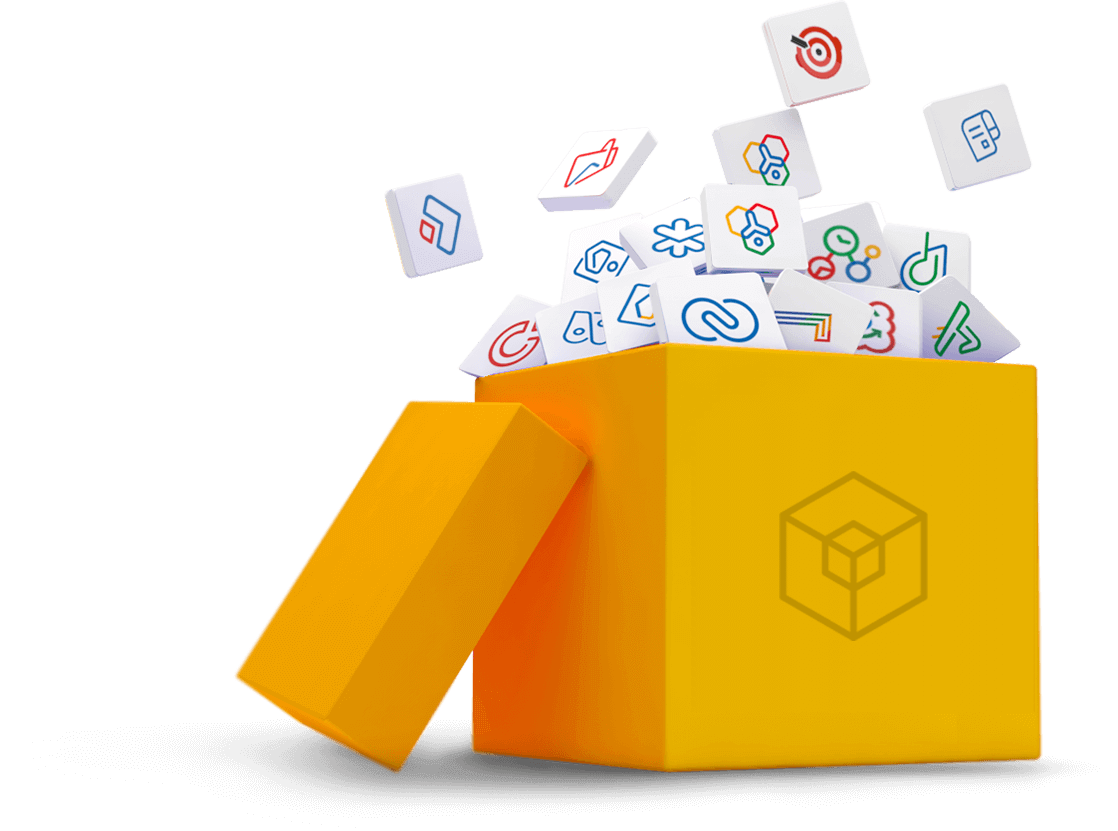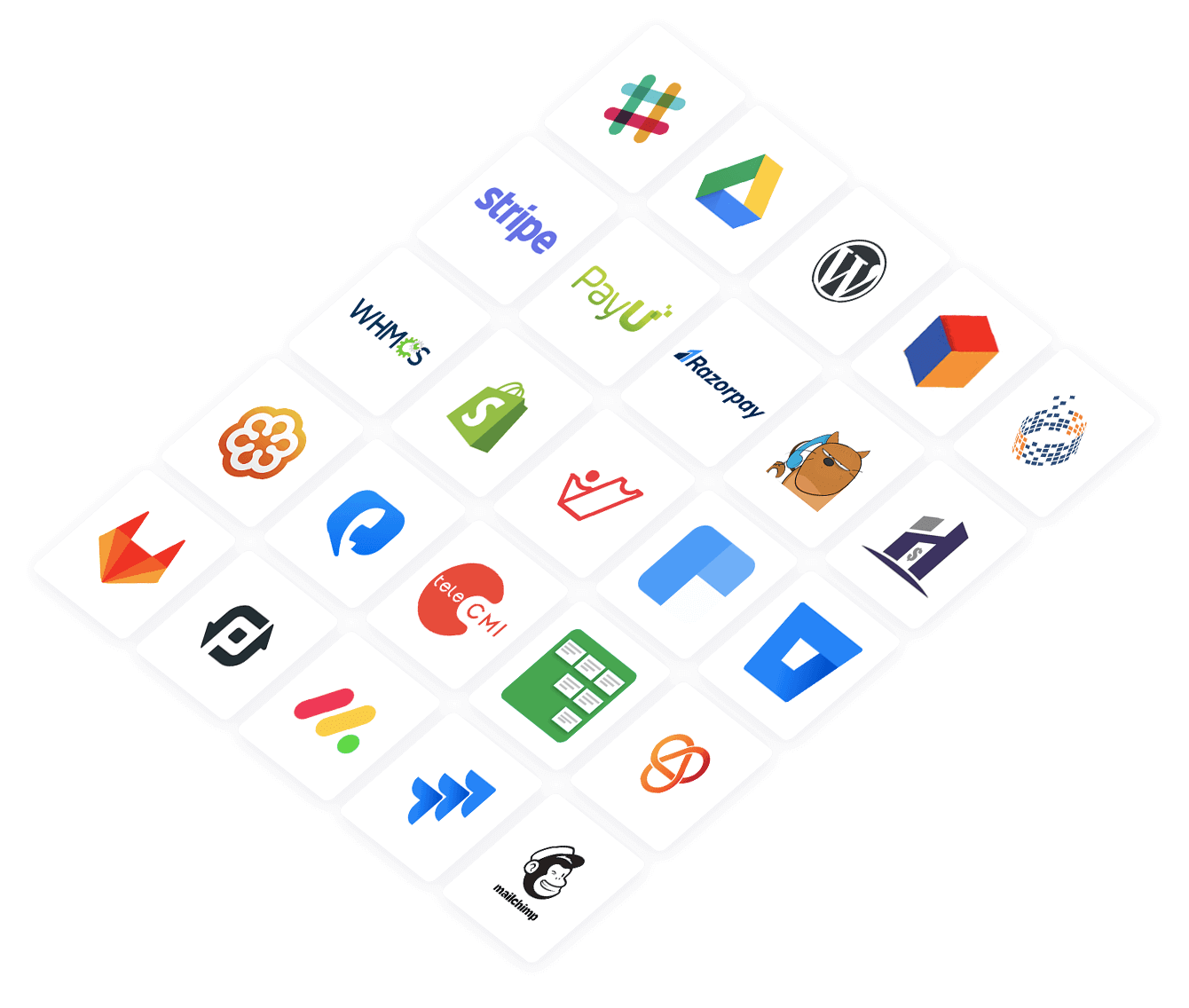Generation Y
Who is Generation Y?
Generation Y, also known as millennials, refers to individuals who were born between 1981 and 1996. They are between Generation X (1965 - 1980) and Generation Z (1997 - 2012).
What are some of the key characteristics of Generation Y at work?
Here are some of the key traits that individuals from Generation Y exhibit at work:
Tech-savvy:
Since they saw the rise of social media and digital tech, they are pretty comfortable with technology and expect to have intuitive tech tools that simplify work.
Growth-oriented:
They highly value career development opportunities and look forward to upskilling, reskilling, mentoring, and more.
Collaborative:
They tend to thrive in collaborative work environments where the entire team comes together to brainstorm new ideas, share feedback, and solve problems.
Yearn for feedback:
They expect their managers to have regular check-ins and share feedback on their work instantly without waiting for performance reviews.
Work-life balance:
They like to strike a good balance between their professional and personal lives.
Purpose-driven:
They want their work to make a real difference and want to be associated with values-first organizations.
What sorts of benefits do employees from Generation Y prefer?
Here's a quick list of all the benefits that Gen Y finds attractive:
- Flexible working options
- Career development opportunities
- Appreciation and recognition
- Fair and competitive pay
- Financial well-being
- Mental health support and well-being initiatives
What makes Generation Y happy at their workplace?
Keeping in mind Generation Y's key traits, they find happiness in workplaces that offer purpose, flexibility, and growth. They thrive in a positive work culture that puts employee well-being first, establishes open communication, and supports work-life balance. Ultimately, a workplace that aligns with their values and provides a fulfilling, supportive environment is the key to their happiness.
What can organizations do to retain Generation Y?
Organizations need to align their HR strategies with the expectations of Generation Y to retain them. Here are a few are some key strategies that organizations can provide to retain Gen Y:
- Offer career development opportunities and help them visualize how their career will progress in the upcoming years.
- Explore and implement flexible schedules like compressed workweek, flexible working hours, hybrid work, floating holidays, unlimited PTO, and remote work.
- Make transparency and open communication the core pillars of your company culture.
- Encourage managers to keep track of their performance and offer appreciation and feedback then and there.
- Connect their daily tasks with the overall values, mission, and purpose of your organization.
What kind of leadership style do millennials respond to?
Millennials are totally against the top-down hierarchy, where the C-level leaders make key decisions and implement them across the organization without taking into account what employees expect. They expect their leaders to take a human-centric approach, improve collaboration, and uphold transparency. They expect to be a part of all the key decisions. They expect their leaders to lead with respect and provide autonomy. They want leaders who strive hard to build dynamic and forward-thinking work environments.
How do you manage Generation Y in the workplace?
Here are five key approaches that can help you manage millennials effectively at your workplace:
- Give up on traditional, manual processes and adopt modern tech tools that simplify work and improve productivity.
- Create opportunities for teamwork so that they can collaborate and work together.
- Invest in development opportunities that help them be good at their work as well as climb the career ladder.
- Use diverse communication channels to uphold feedback, transparency, open communication, and frequent check-ins.
- Organize regular Q&A sessions with C-level leaders.
- Help millennials balance their professional responsibilities with personal interests effectively.

